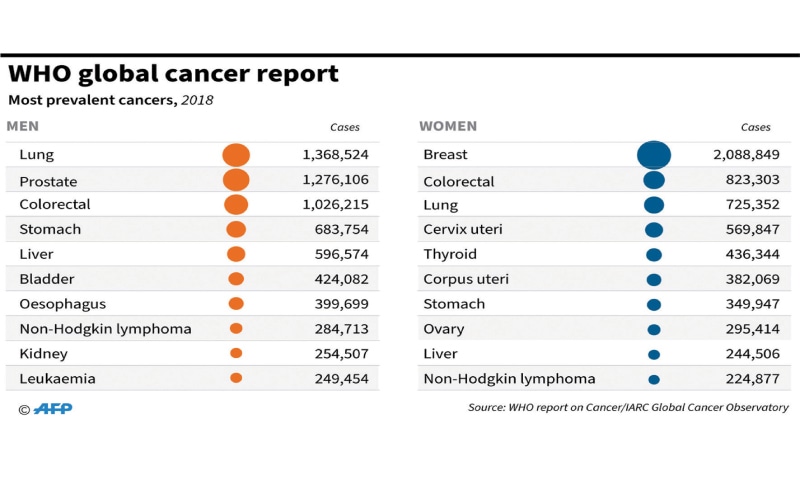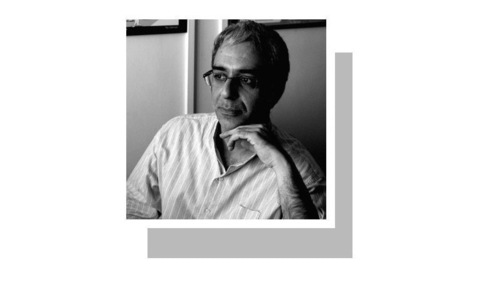GENEVA: The UN health agency on Tuesday warned cancer cases would rise by 81 per cent in low- and middle-income countries by 2040 because of a lack of investment in prevention and care.
The Geneva-based World Health Organisation (WHO) said in a report that these countries had focused their limited resources on combating infectious diseases and improving maternal and child health instead of fighting cancer.
It said they often had the highest cancer mortality too. “This is a wake-up call to all of us to tackle the unacceptable inequalities between cancer services in rich and poor countries,” Ren Minghui, a WHO Assistant Director General, said in the report.
“If people have access to primary care and referral systems then cancer can be detected early, treated effectively and cured. Cancer should not be a death sentence for anyone, anywhere,” he said.
The report, timed to coincide with World Cancer Day, said an investment of $25 billion over the next decade could save seven million lives from cancer.
A report says cancer is no longer a disease of wealthy countries
“Controlling cancer does not have to be expensive,” Andre Ilbawi, of the WHO’s department for management of non-communicable diseases, told journalists.
The annual report found that overall cancer cases in the world would rise by 60 per cent by 2040 and said tobacco use was responsible for 25 per cent of cancer deaths.
Elisabete Weiderpass, director of the International Agency for Research on Cancer, which works with the WHO, said better cancer treatment in high-income countries had resulted in a 20 per cent drop in mortality between 2000 and 2015.

But in poorer countries, the reduction was just five per cent. “We need to see everyone benefiting equally,” she said.
While cancer had long been considered a disease of wealthy countries, this was no longer the case, the report said. It pointed out that one in five people worldwide would face a cancer diagnosis in their lifetime.
“It’s a global burden,” Ren said.
Published in Dawn, February 5th, 2020













































